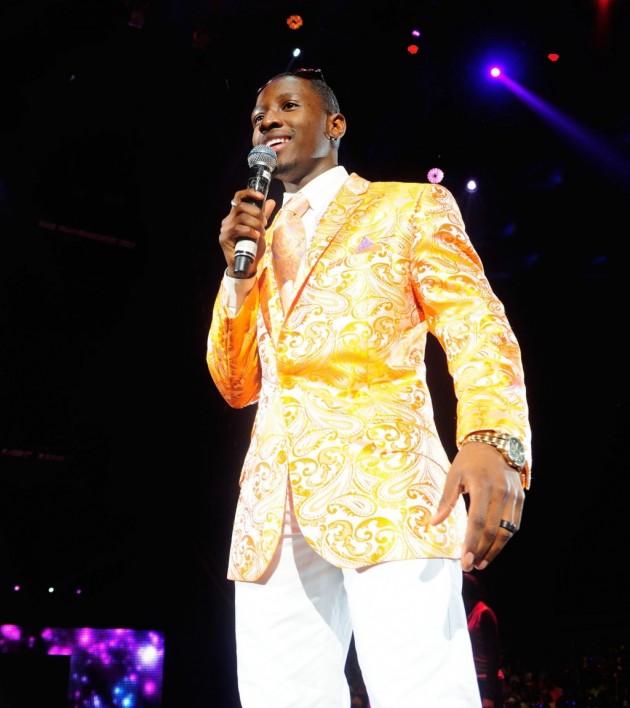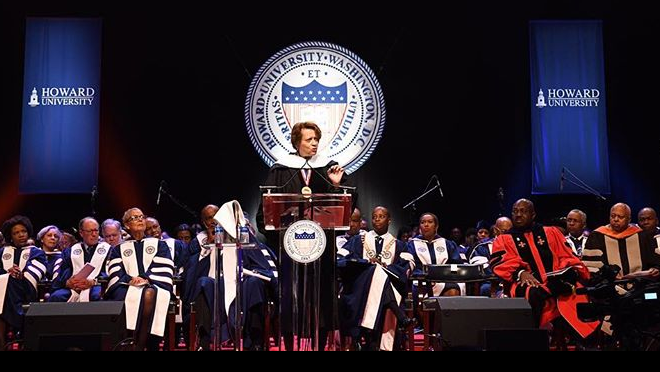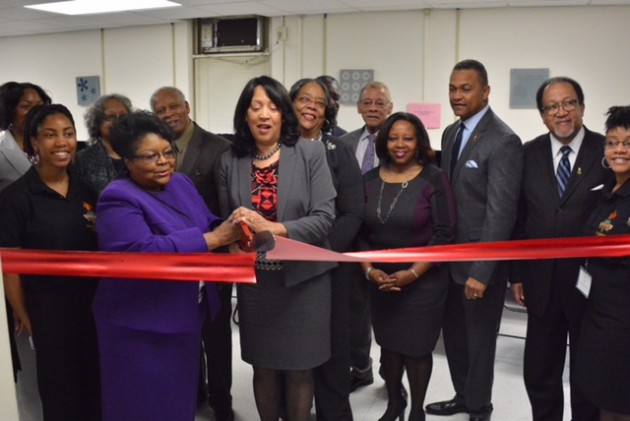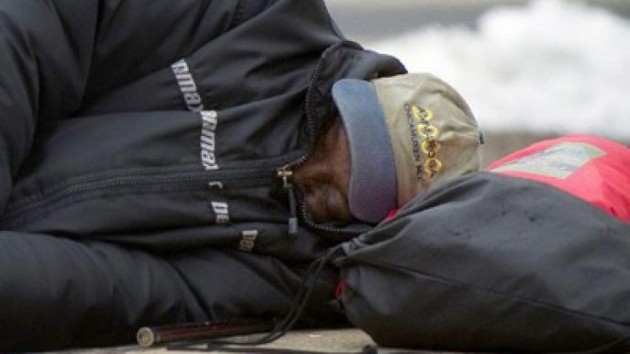
Ringermaster Lucky Malasti performing at the UniverSoul Circus
WASHINGTON – Dressed sharply in a dazzling gold blazer and armed with a microphone and an infectious smile, Ringmaster Lucky Malatsi’s job is to keep audiences of the UniverSoul Circus excited, engaged and enthusiastic between the numerous acts — and it is no small feat.
Malatsi is quick on his feet, incorporating humor, dancing and theatrics to keep the audiences at the National Harbor in southern Maryland entertained. The circus is playing there until July 19
Though he makes it look effortless, Malatsi’s performance encompasses years of experience. He joined UniverSoul at only 11-years-old, an age when American children are still in elementary school.
But he didn’t start there. Born in Johannesburg, South Africa, Malatsi began performing for audiences at age 4 as an accomplished performer and acrobat trained by his uncle.
At 6-years-old, he traveled to Germany for the first time, performing in as an acrobat in festivals.
“For as long as I can remember it has always been my passion,” Malatsi said. “It’s always been second nature to me.”
In 1999 he was recruited by UniverSoul Circus founder and CEO Cedric Walker, and one year later he was performing in a duo contortionist act. He has spent most of his young life growing up surrounded by circus performers from around the world.
He has been an acrobatic hip hop dance, a gymnast and a trapeze artist. He said the true skill in mastering these talents requires more than physical conditioning.
“It’s more so mental than physical,” he said. . “You can strengthen your body, but if [I] wasn’t strong mentally I wouldn’t have been able to achieve any of those skills.”
He said being ringmaster has been his most challenging job at the circus. Being able to read your audience and keep them on a constant rollercoaster of emotions is essential, he said.
Though he has been with UniverSoul for 14 years, and has witnessed ringmasters before him, Malatsi said his greatest piece of advice came from Walker.
“He told me if I could make 2000 people feel like I’m talking to each of them individually, then I can become one of the greats,” Malatsi said.
This skill becomes even more useful when dealing with an unresponsive crowd, an experience to which Malatsi is no stranger. He said the best way to remedy the situation is to continue to have fun with them.
“They are the best type of crowd, because they make you work harder,” he said. “Always keep your energy level up and never let them see you sweat.”
At one moment he is asking the audience to participate in the latest dance trend or “New School” versus “Old School” dance battle, and then next he will have children stand on his or feet and recite a pledge to reinforce their greatness and the idea that their lives matter, and ode to the Black Lives Matter movement.
“We have to keep up with the present, especially with what’s going on in the world,” he said. “Every year we adapt no matter what’s going on.”
A husband and father, Malatsi hopes that his children follow in his footsteps. But whatever they do, he said, he will support them, just as his family supported his him.
And for young performers hoping to pursue a career in entertainment, Malatsi has some words of wisdom.
“Chase your dreams to the fullest, have patience but always have a backup plan,” he said. “Never lose who you are regardless of how successful you become.”






